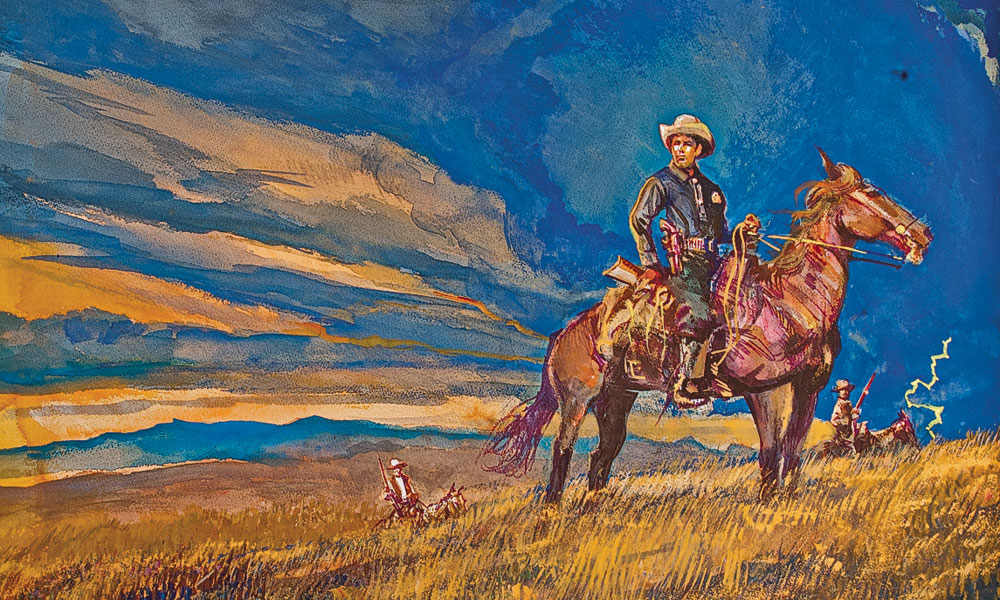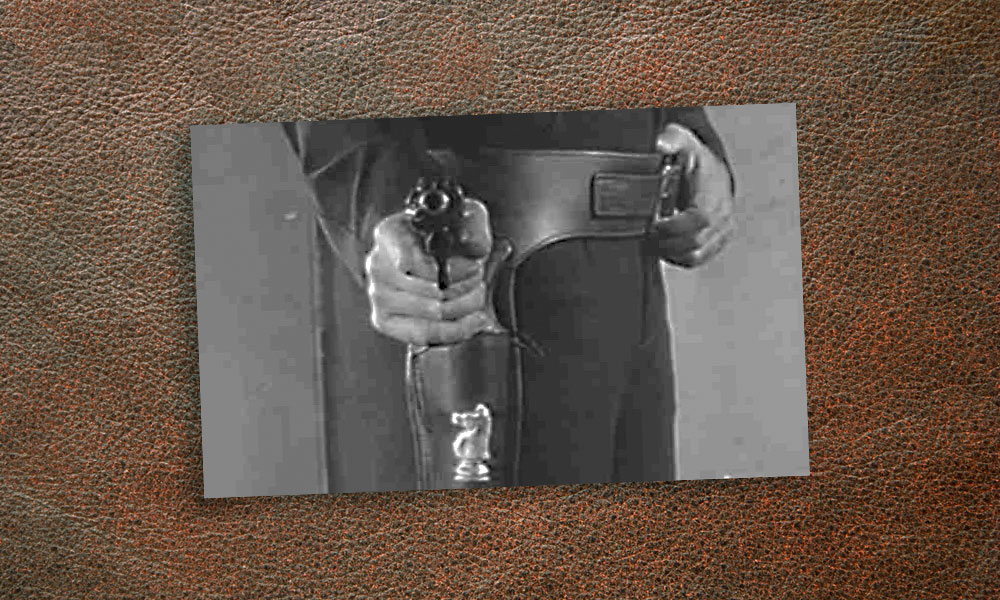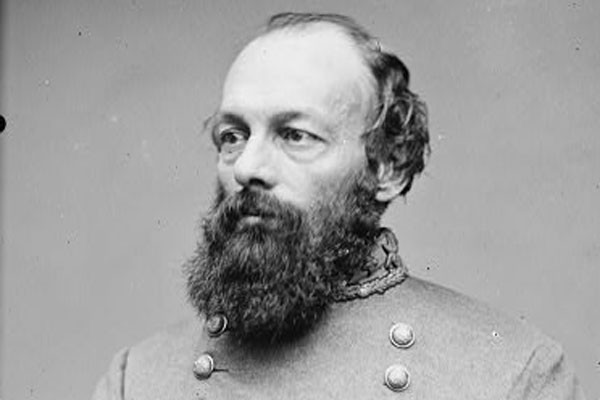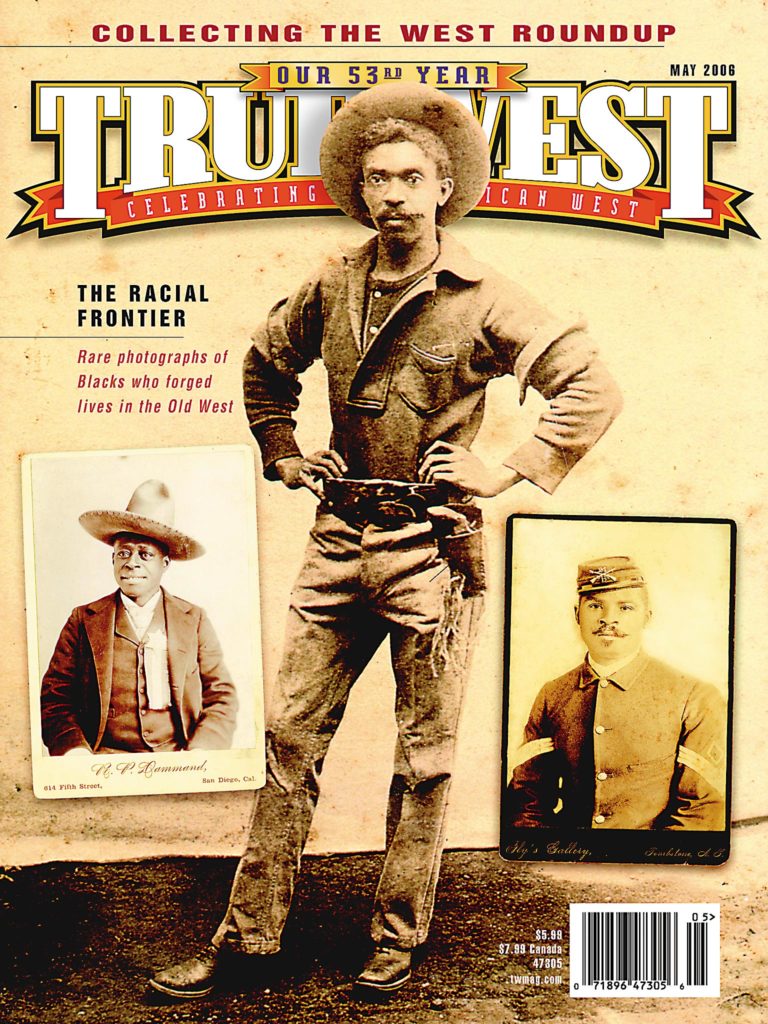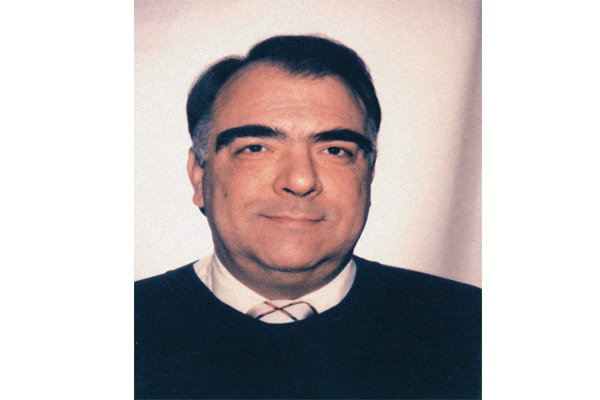 It is impossible to label D.L. Birchfield as a writer, with one exception: All of his work in some way deals with American Indians, often his own tribe, the Choctaw Nation of Oklahoma.
It is impossible to label D.L. Birchfield as a writer, with one exception: All of his work in some way deals with American Indians, often his own tribe, the Choctaw Nation of Oklahoma.
Sarcastic, witty, satirical, literary, humorous and educational are some of the other tags you might tack onto a piece by Birchfield.
Although he is a professor at the University of Lethbridge in Alberta, Canada, and formerly taught American Indians Studies at Cornell University, the University of New Mexico and the University of Wisconsin in Green Bay, he is not suit-and-tie stuffy. He says he remembers what it was like to be a student. He had been a member of two fraternities when he attended college.
TW: Two fraternities?
DLB: Popa Capa Coors and I Felta Thigh.
His essay collection, The Oklahoma Basic Intelligence Test, won the annual prose award from the Native Writers’ Circle of the Americas at the University of Oklahoma. It has been called, “a medicine text, a work which partially reproduces an ancient ceremony and provides for healing or restoration.”
TW: Do you look at the work that way?
DLB: Well, I thought I was putting together a hodgepodge collection of humor, short stories, essays, literary criticism, treaty analysis, poetry, tall tales, my fishing diaries and a few other things. But reviewers are continually analyzing it in all kinds of ways, most of which I wish I’d thought of. It’s a painful thing to read glowing reviews by people who are a lot smarter than the author.
Don has published 19 textbooks for children (ranging from biographies of Indian leaders to tribal histories), was associate editor of Durable Breath: Contemporary Native American Poetry and was general editor of the 11-volume Encyclopedia of North American Indians. Two of his short stories have been anthologized in college textbooks.
More recently, Birchfield began writing novels, winning the Spur Award from Western Writers of America for his first novel, Field of Honor. The book also won the Writer of the Year Award from Wordcraft Circle of Native Writers & Storytellers.
His second novel, Black Silk Handkerchief, is a mystery featuring a Choctaw lawyer, Hom-Astubby, who stumbles into one of the biggest media events in U.S. history. The story has its genesis in the Choctaw treaty of 1803, when the Choctaws negotiated a land deal receiving compensation that included a black silk handkerchief. The novel has just been released by the University of Oklahoma Press.
TW: You teach Indian law classes at the University of Lethbridge. How has that job affected your writing?
DLB: I’ve not been able to look at anything quite the same after law school, but that’s much more apparent in Black Silk Handkerchief, a contemporary Western murder mystery, than anywhere else. Unless a reader were to realize that in Field of Honor, I was reconstructing an Indian civilization under Choctaw law, a speculative extrapolation of how elements of Choctaw law might have continued to evolve, in isolation, to produce the secret, underground civilization in that book. But that was dealt with mostly as humor, anthropological satire.
TW: You are working on a history of the Choctaws?
DLB: It’s a new synthesis of Choctaw history, with an emphasis on Choctaw legal history, told against the backdrop of the development of American Indian law generally, for which the Choctaw story
is particularly well suited, mostly because the Choctaws were military allies of the United States and it illustrates how all Indians were treated alike, whether friend or foe. The Choctaw story has some fascinating aspects. After the War of 1812, they secured a huge Choctaw empire for themselves from their American allies that stretched all the way across the southern portion of the trans-Mississippi West deep into New Mexico. By 1823, a Choctaw lawyer had been admitted to the bar, the brilliant James Lawrence McDonald. Choctaws then became the first Indian nation forced to walk the infamous Trail of Tears in 1830. Unfortunately, the Choctaw story is a story of America’s betrayal of its most loyal Indian military ally, and American law betrayed them, also. It’s a story that’s been suppressed in American history.
Don also finds time to mentor other Indian writers through Wordcraft Circle of Native Writers & Storytellers.
TW: How has your mentorship affected your work?
DLB: I’ve worked with so many Native writers from so many Indian nations from all over the continent for so long now that I’m pretty keenly aware of various Native viewpoints about contemporary Native issues. That wasn’t the case before Wordcraft Circle came along. Before that, if it wasn’t Choctaw, who cares?
Candy Moulton has worked with D.L. Birchfield for the past 11 years. She is the editor of the Western Writers of America Roundup Magazine, and Birchfield serves as copy editor for the magazine.


